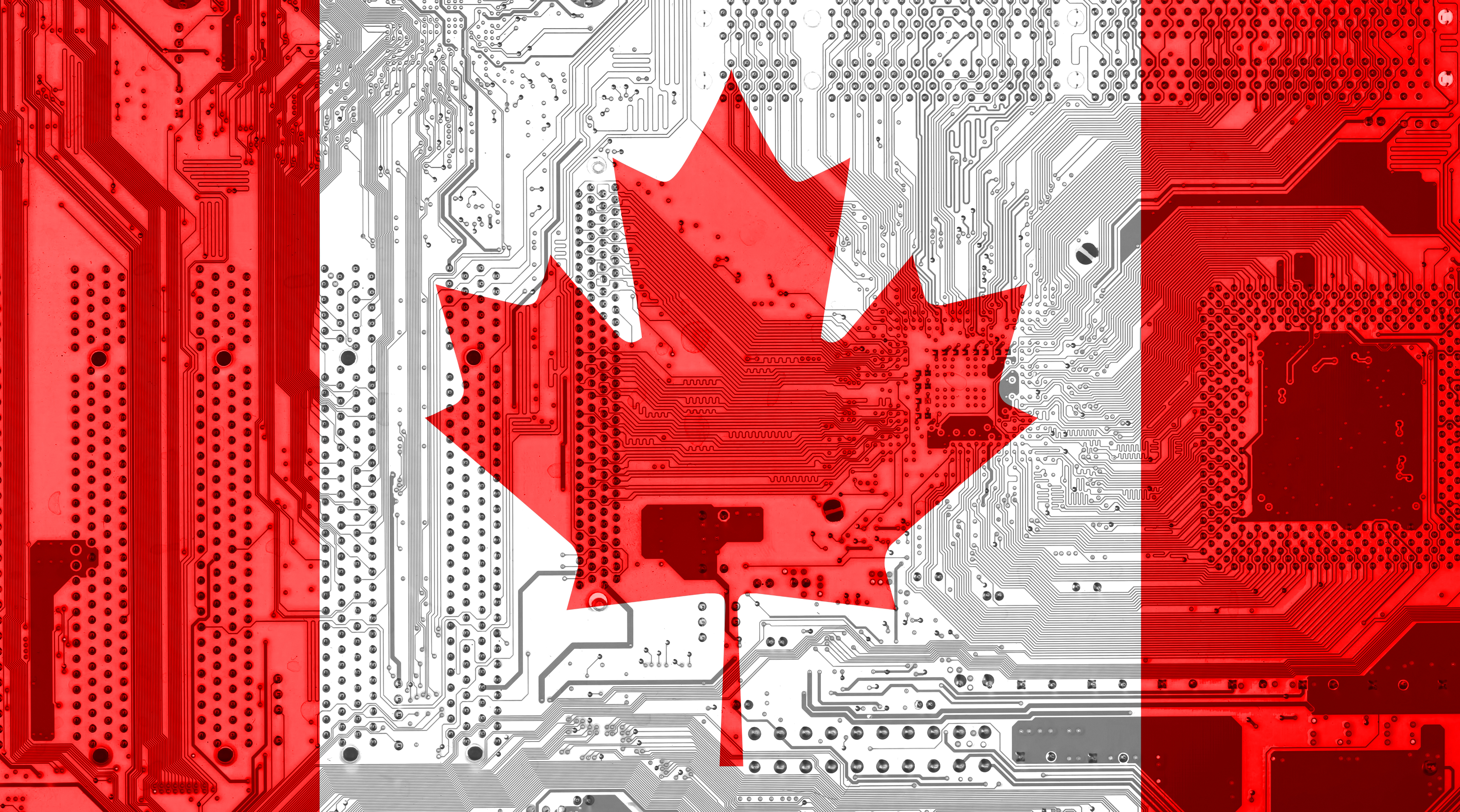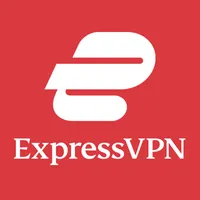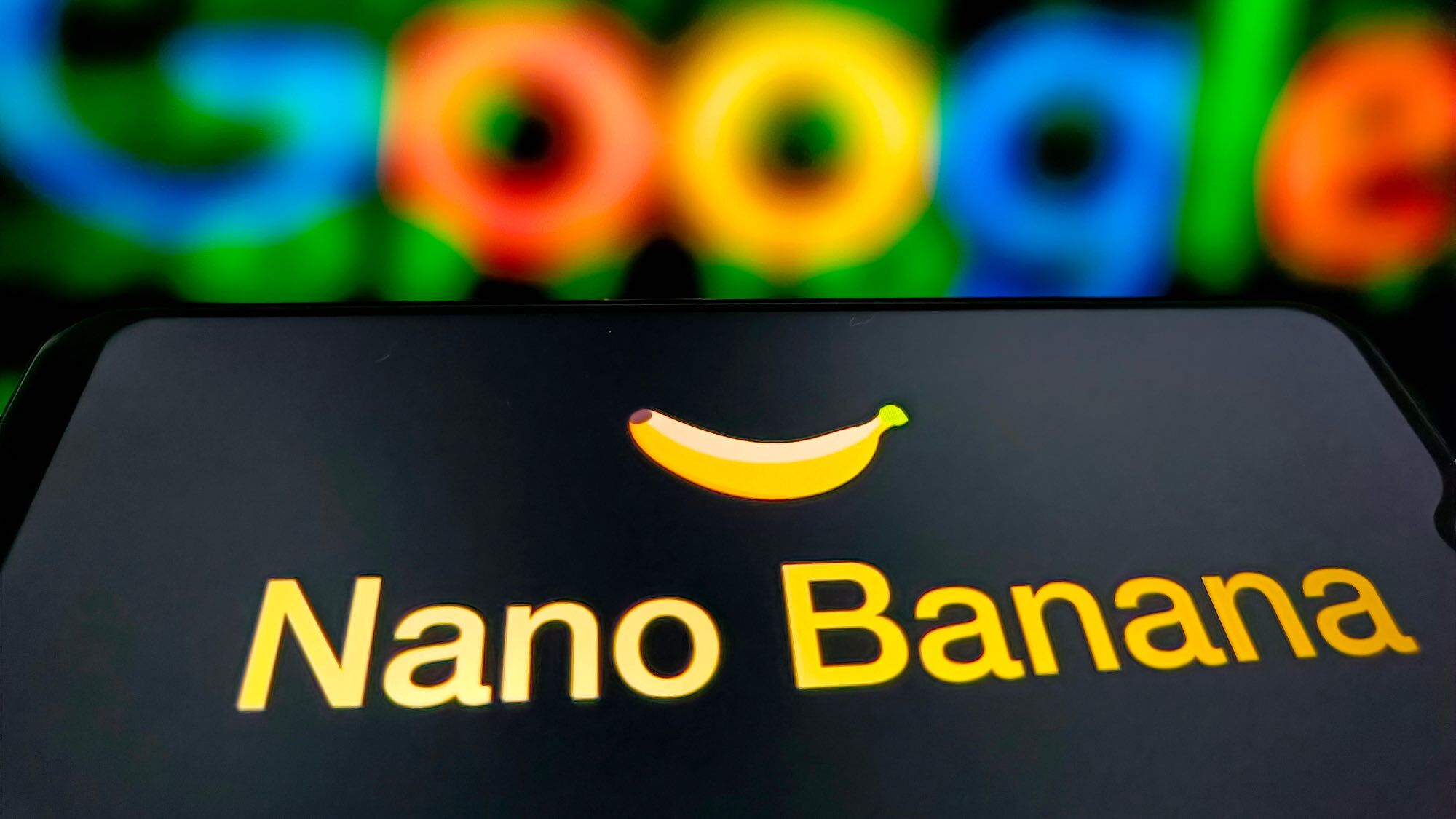What can you use a Canada VPN for?
There's plenty more on offer beyond personal privacy

The use of Canada VPN services has soared this year as people become increasingly aware of how their data and internet activity is monitored by government agencies, internet service providers (ISPs), and big-tech corporations such as Google, Amazon, and Facebook.
However, there are many reasons, not just privacy-related, as to why someone might want a VPN. We’ve put together this article to help you understand the best ways to use a VPN in Canada. Read on and you’ll learn some of the most important factors to consider when finding the best VPN for you.
- Setup a VPN for any device with our simple, comprehensive guide
1. Streaming
As VPNs have gone mainstream, it’s become clear that one of their most popular uses is for unblocking geo-specific content on sites such as Netflix, Amazon Prime Video, and even BBC iPlayer—although you’ll need a good streaming VPN to fool the latter into thinking you’re in the UK.
What’s more, with the right Netflix VPN you should be able to access almost all of Netflix’s content worldwide. It might take some trial and error before figuring out what content is where, but there’s a chance you’ll be pleasantly surprised to find films and shows that you've been wanting to watch for ages.
For example, on US Netflix you’ll find critically-acclaimed shows such as The Great British Bake Off (a.k.a. The Great British Baking Show), Twin Peaks, and The West Wing.
Meanwhile, UK Netflix hosts British classics such as Only Fools and Horses, Fawlty Towers, and the brilliantly foul-mouthed The Thick of It—perfect for British expats craving a little homegrown comedy.
2. Privacy
Government surveillance is nothing new as most countries keep tabs on their citizens and tourists, including their internet activity. As Canada is part of the Five Eyes alliance, it openly shares the data that it collects with the other member states, including the USA, UK, Australia, and New Zealand.
What are they monitoring? Well, as each country’s most secretive agencies—the CSIS, NSA, and GCHQ—are the ones conducting the surveillance, it’s hard to say. However, it’s worth assuming that they monitor almost everything.
Officially, the surveillance that’s carried out is in the interests of national security. This is a good thing, of course, but the way the surveillance is carried out is like trawler fishing. These agencies gather and sift through all the data they can get their hands on in order to find what they're looking for. Most people’s concerns lie with how the other data, the by-catch, is handled.
So if you’re done with trusting government spies, you may want to privatize your information. Using a VPN is the easiest and most efficient way of doing this.
3. Avoid trackers
Governments aren’t the only ones tracking your online activity. Search engines (Google), social media platforms (Facebook), online retailers (Amazon), and your ISP all stand to profit from your personal data.
Whilst their motives behind monitoring your online activity are much more clear-cut than the government’s—they want to make money—at the end of the day it is your data, and you’re entitled to keep it private.
1. Dodge location-based price hikes
Believe it or not, companies all over the world will charge their customers a premium depending on where they’re buying from and whether they’ve viewed the product before—with the worst offenders being car rental companies and flight sellers.
Meanwhile, digital products such as games downloaded through sites like Steam can often be found cheaper when using a VPN to spoof your location.
Although there’s no exact science behind finding the best deal, it’s often lower-income countries that benefit from cheaper prices. So having a VPN with a vast international network is a good way to try and find the best deal.
If you don’t have a VPN you might be able to avoid being a victim to this practice by only searching for certain products (like flights) whilst using a private browsing window on your internet browser, but for items or services that charge different prices in different territories, a VPN is the only way to go.
Which VPN do we recommend for users in Canada?
ExpressVPN stands out from the competition in terms of price, features, and value. With servers in nearly 100 countries, excellent censor-evading power, blazing connection speeds, and reliable access to multiple streaming services, ExpressVPN has everything that one would need from a VPN in Canada.
While some users may prefer certain features of other top VPNs, it’s the best overall option for most users – and now Tom’s Guide readers can claim three months absolutely free.
- Save big money with the best VPN deals
- Amazon users should have a look at the best Fire Stick VPN
- Pick up a bargain with a cheap VPN
Get instant access to breaking news, the hottest reviews, great deals and helpful tips.

Thomas Johnson is a freelance journalist whose passion and fascination with technology has led him here. He contributes to Future titles, such as Tech Radar, Tom’s Guide, IT Pro Portal and Creative Bloq. He’s also a self-confessed film snob and is the Editor of Salty Popcorn, a bi-weekly Substack dedicated to movie news, reviews and trivia.

